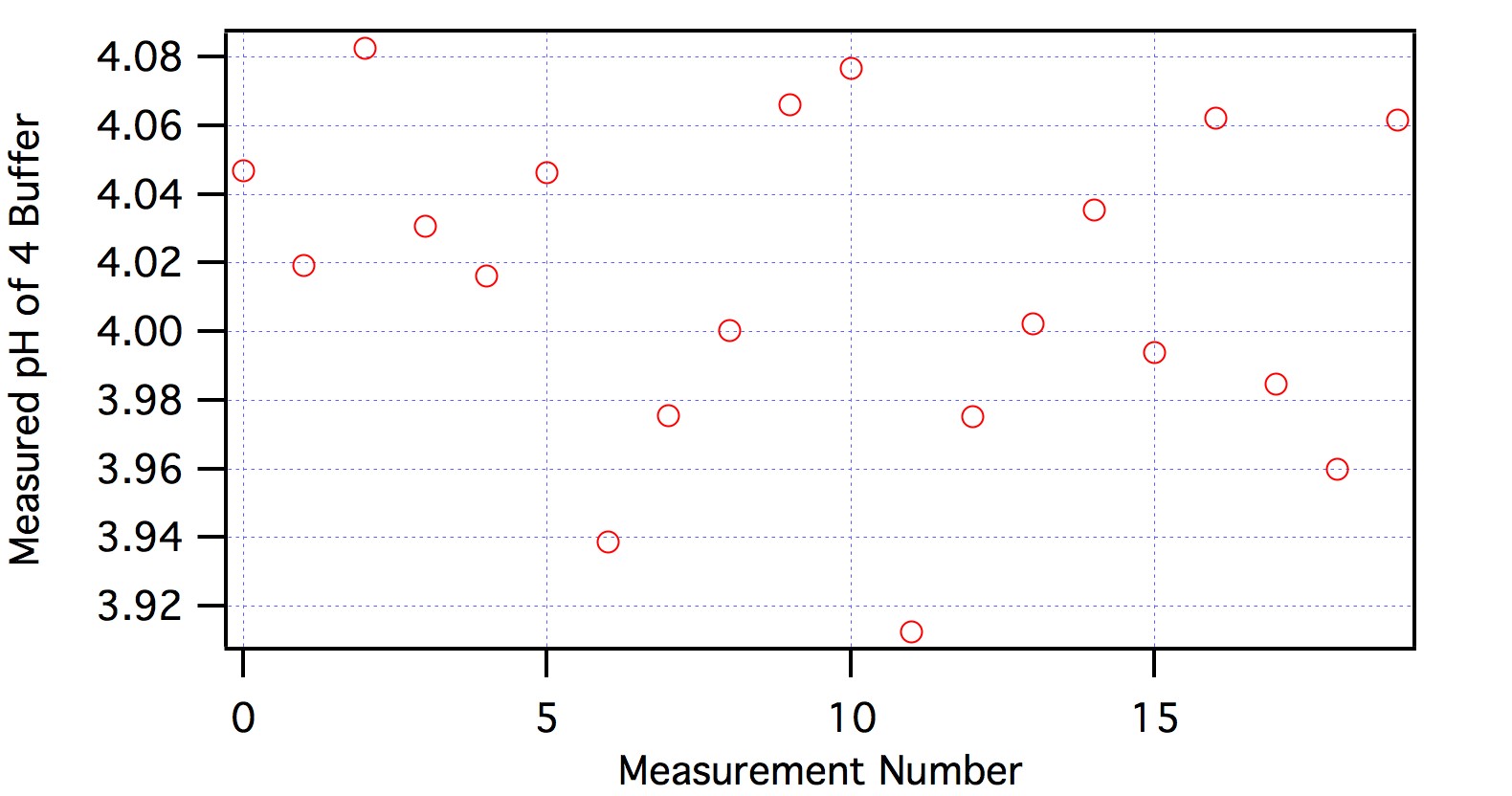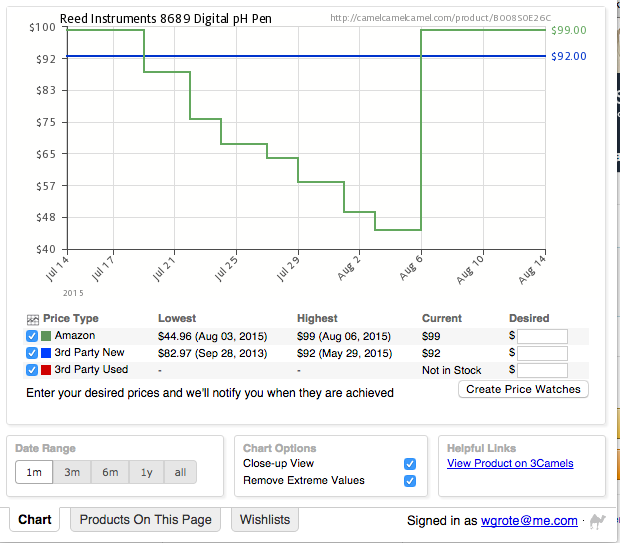Has anyone used one of ph meters from Thermoworks, our favorite thermometer maker?
http://thermoworks.com/products/ph/8689ph_meter.html#Specifications
Looks similar to the Omega but $30 less, it's .05 precision though, do you really need .01?
http://thermoworks.com/products/ph/8689ph_meter.html#Specifications
Looks similar to the Omega but $30 less, it's .05 precision though, do you really need .01?




